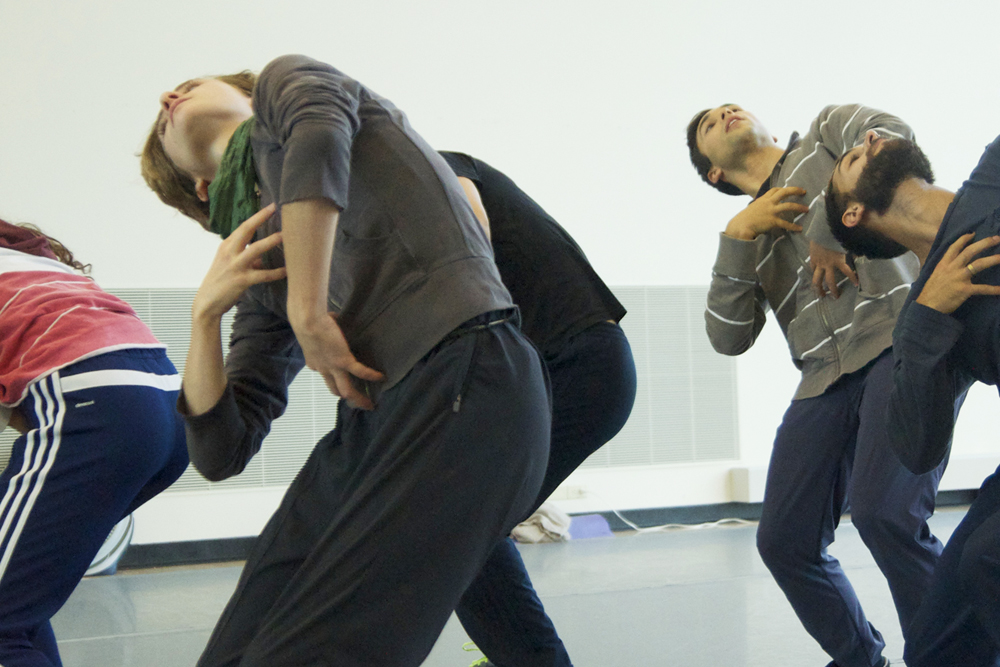For many creative people, choosing between an academic career and an artistic career can be a tough decision. For dancers, that decision can be especially hard. The universities that offer advanced- or professional-level dance training are few and far between and come at a significant price.
Dancers have a small window of time in which to perform at their best ability. A professional career in ballet begins at the ripe young age of seventeen or eighteen and, even if no permanent injuries occur, only lasts until the early thirties. Dancers who wish to graduate with a four-year college degree often sacrifice their prime dance years, especially if they go onto graduate-level education.
Unfortunately, many state-funded universities cut back on dance departments or dance-education programs, offering only beginner-level classes as a physical education credit. This creates tension for dancers who are unwilling to dish out thousands of dollars for private fine and performing arts universities where they can receive a degree and still have the opportunity to perform and audition for company positions.
Portland State no longer offers a dance degree at the School of Theatre and Film. Dance minors are offered, but classes at an advanced level are very scarce. The funding for the PSU dance department has significantly dropped, forcing dancers who care about both their academic and their artistic careers to choose universities with larger and better dance programs.
PSU recently had a second studio space built on the third floor of Lincoln Hall, complete with sprung floors and floor-to-ceiling mirrors, with the hope of relaunching a dance degree. However, the dean has revoked the use of the room, instead using it as an entertainment space for lectures, speeches, lunches and other events of that nature. This has caused severe anger and frustration among many dancers as well as dance faculty, who now face many conflicts regarding reserving space and time for the studio.
While dance departments may be on the chopping block for many universities, there are a small number in Oregon that still provide students with the best of both worlds, including Western Oregon University, located in rural Monmouth, and University of Oregon, located in Eugene.
On their website, UO hosts bragging rights for “predating the first academic dance major programs in the country by more than a decade.” UO receives more financial support for dance than any other public university in Oregon.
A lot of pressure is placed on college students to pursue a degree that will be useful in a career, which can add an even deeper level of stress for a dance student: What career will I choose after my dance career is over? What if I can’t find a job in the dance field? How will I support myself or my family? These are all questions many dancers ask themselves throughout the entire duration of a dance program.
“We talk about the benefits of the dance major and coming away with all the wonderful things you get from a dance major, such as becoming more expressive and aware of the human condition,” said Steven Chatfield, who has taught in the UO dance department since 1989. “Most employers want someone who is liberally educated; these are all the things that dance majors come away with. Dance majors here come away really successfully in the career world now.”






